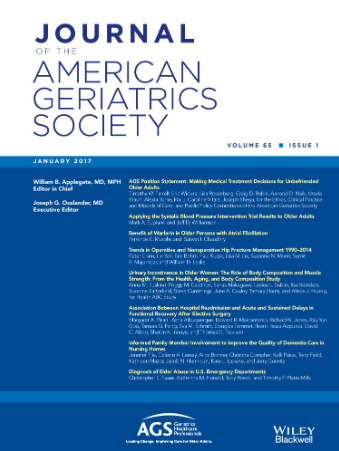Complete revascularization versus culprit-only revascularization in older adults with ST-elevation myocardial infarction: Systematic review and meta-analysis of randomized controlled trials
Abstract
Background
Randomized controlled trials (RCTs) of complete revascularization (CR) versus culprit-only revascularization (COR) in patients with ST-elevation myocardial infarction (STEMI) have shifted the recommendation for CR from class III to class I in the AHA/ACC/SCAI guidelines, but it remains unclear if the benefit of CR over COR extends to older adults, who have greater bleeding risk, comorbidity burden, and complexity of lesions. We performed a meta-analysis to place the results of the previous RCTs in the context of the recently published FIRE trial and the subgroup analysis of the COMPLETE trial in adults ≥75 years old.
Methods
We searched the literature from inception to October 21, 2023. RCTs of CR versus COR in STEMI were selected if it reported results for older adults, defined as either age > 65 years or > 75 years. Integrated hazard ratios (HRs) were calculated using random effects models. The primary outcome was major adverse cardiovascular events (MACE). Secondary outcomes were major bleeding and contrast-associated acute kidney injury (CA-AKI).
Results
In this meta-analysis of 5 RCTs including 3513 older adults, CR was associated with a lower hazard of MACE than COR (HR 0.60, 95% CI 0.37–0.99, p = 0.047). Sensitivity analysis including trials that defined older adults as age > 65 years resulted in a lower hazard of MACE with CR versus COR, but not in trials that defined older adults as age > 75 years. There was no difference in the hazard of major bleeding or CA-AKI between CR and COR.
Conclusions
In this largest meta-analysis to date investigating CR compared with COR in older adults with STEMI, CR was associated with reduced MACE without a concomitant increase in major bleeding or CA-AKI compared with COR. These results can help cardiologists and geriatricians involved in shared decision-making with patients and caregivers when contemplating whether to pursue CR in older adults.

 求助内容:
求助内容: 应助结果提醒方式:
应助结果提醒方式:


